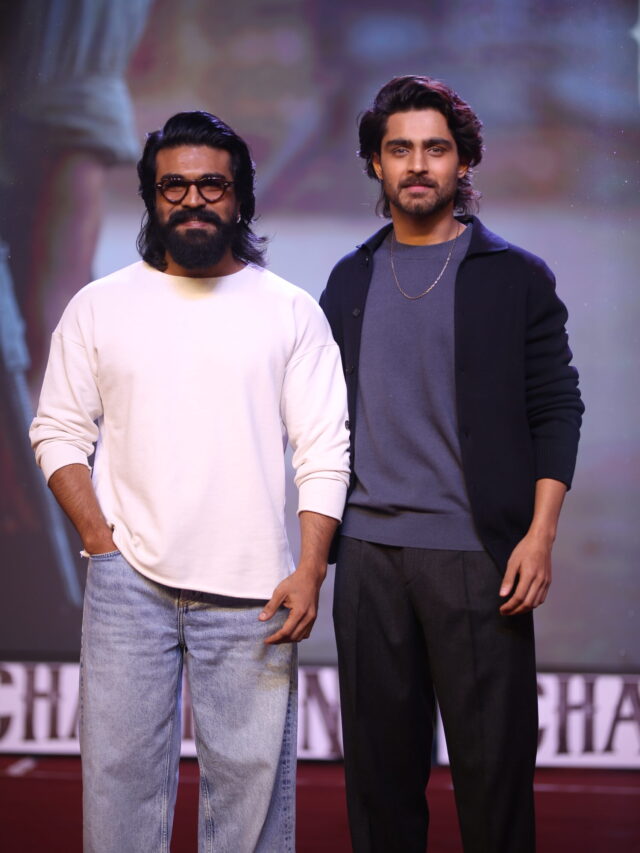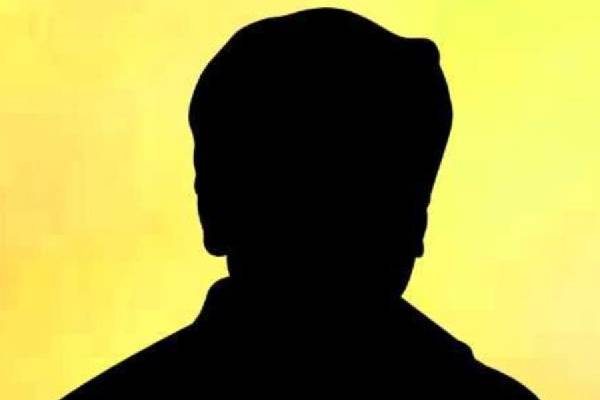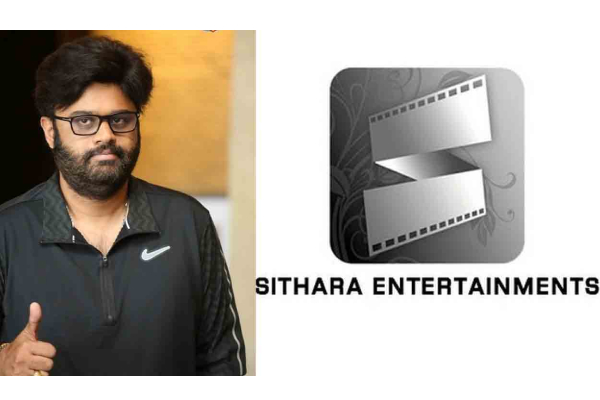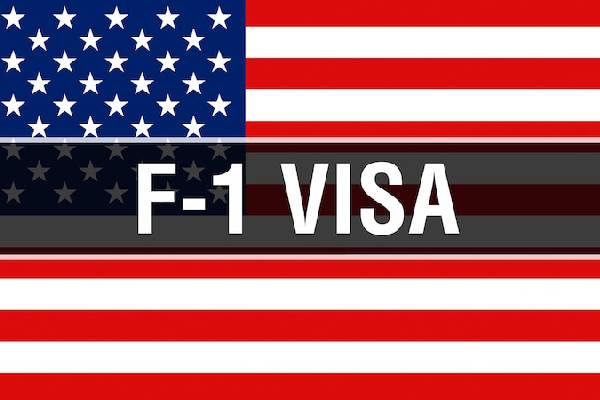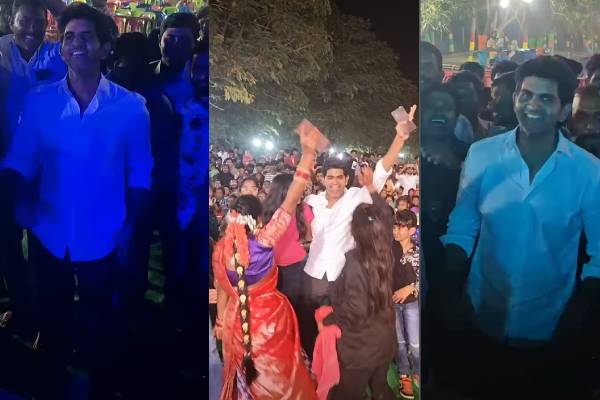The Optional Practical Training (OPT) program in the United States, which helps international students, especially those from India, to gain work experience, is now facing serious uncertainty. There are growing chances that the program could either be scrapped or brought under stricter regulations. This development could have a major impact on Indian students studying in the U.S.
OPT allows students on F-1 visas to work in their field of study during or after completing their degree. Normally, students can work for up to 12 months, and those in STEM fields (Science, Technology, Engineering, Mathematics) can extend it by another 24 months, totalling 36 months. However, critics from the Trump administration have long argued that the program is being misused. They claim that many students are focusing more on working than studying, which leads to fewer job opportunities for American citizens. Since the majority of international students come from STEM backgrounds, many of them stay back after graduation and shift to H-1B visas, which has fueled further criticism.
Joseph Edlow, a known critic of OPT, was confirmed as the new Director of the U.S. Citizenship and Immigration Services (USCIS) on July 16, 2025. He has previously stated that the OPT program should be eliminated and has promised to work with Congress and the Department of Homeland Security to bring changes. He also pointed to a court ruling that suggested OPT was not being managed lawfully.
Edlow has also shown interest in reviewing Curricular Practical Training (CPT), another program that allows students to work as part of their academic coursework. Some colleges offer “Day 1 CPT,” which lets students work full-time with very little classroom attendance. U.S. officials believe this undermines the purpose of student visas and acts like a shortcut to full-time employment.
Edlow is expected to shift USCIS’s focus more toward enforcement, fraud detection, and national security. This means tighter scrutiny of both OPT and CPT programs in the future.
For Indian students, these changes could be devastating. OPT has long been a key route to gaining work experience and later applying for H-1B or other long-term visas. If the program is restricted or scrapped, thousands of Indian students may find it harder to build careers in the U.S. With CPT also under review and part-time work already limited, many students will be left to depend solely on financial support from home. These policy changes signal a more rigid stance on immigration and could drastically shrink the career opportunities available to Indian students in the U.S.










